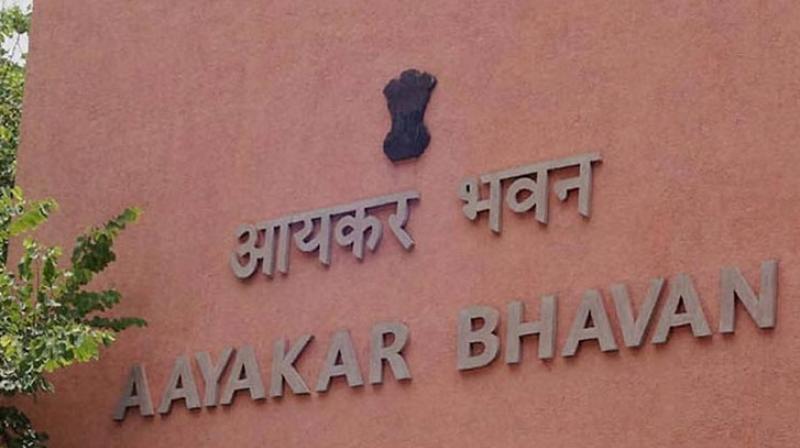CBDT’s Proposal to Estimate the Expected Income In Future and Its Impact on India Inc

The CBDT (Central Board of Direct Taxes) has put forward a plan in front of the companies in India to provide it an advance estimation of the future incomes and their taxes for the following year. It has also proposed that the companies would require giving the reason if the tax evaluation is lower than the previous year tax that they paid. The consequence of CBDT’s Proposal to Estimate the Expected Income In Future.

Through this plan, the CBDT is trying to remove the complexities involved in their taxation procedures through email communications as compared to the time-consuming onsite interactions. However, a few points of the proposal by CBDT are difficult to comprehend.
CBDT’s Proposal to Estimate the Expected Income In Future
For instance, now when the government procedures like distribution of the PAN are completely through the online process, the CBDT asked for the physical document verification. However, now this proposal has been expelled. The new recommendation is that the firms in India should provide an advance estimation of the taxes to be paid for the coming year. These companies would be required to give reasons for the lower tax estimate as compared to the tax paid in the previous year.
Apparently, it is to be discretionary. Additionally, this may lead to the budding of harassment cases. For example, if a business submits a lower tax estimate for the upcoming year, it is to be proposed by the 15th November of the year. And there is no regulation to cease the actions of the taxman from stretching the process of communication and asking for more justifications to satisfy him. This may result in harassing situation for the companies. Similarly, in a case where the corporation provides the higher estimation as compared to the previous year tax, the taxman has the right to examine the case to check the reported income of the company to see whether the actual income-related information was provided or not.
It is assumed that this decision is being taken based on the fact that the corporate tax collection process is not being implemented efficiently and as per reports the recently proposed tax collections are merely two percent more than the previous year tax collections. That is the reason this new system of advance tax estimation is being introduced so that the government can obtain the much-required perspective for strategizing the expenditures and prioritize the outlay of public funds.
On the other side, it is being said that it is not the role of the assessee to perform this kind of analysis for the government as it might promote the misconduct of the process.
Additionally, even now also, the firms create an evaluation of their tax liability for paying advance taxes for the year. In any case, if they make a wrong assessment, they are liable to pay an interest of 15% of the tax by the mentioned date. Hence, this process is already in place and formalizing it may lead to the more complicated implementation of the procedures. And submitting the tax estimation in advance may add to the burden on the taxpayers.


 ITAT Amritsar: No Section 269SS Violation for One-Time Cash Payment Before Sub-Registrar
ITAT Amritsar: No Section 269SS Violation for One-Time Cash Payment Before Sub-Registrar  Tax Officials Unleash Digital Dragnet: How New Raid Powers Redefine Privacy, Property Rights in India and likely to Fuel Corruption
Tax Officials Unleash Digital Dragnet: How New Raid Powers Redefine Privacy, Property Rights in India and likely to Fuel Corruption  Income Tax Department Rewards for Reporting Tax Evasion: A Comprehensive Guide
Income Tax Department Rewards for Reporting Tax Evasion: A Comprehensive Guide  Forfeiture of Gratuity by Employer- What are the Remedies for an employee- Can employer be challenged?
Forfeiture of Gratuity by Employer- What are the Remedies for an employee- Can employer be challenged?  Employer can forfeit gratuity of an employee in case of moral turpitude
Employer can forfeit gratuity of an employee in case of moral turpitude  Diving Deeper: The Impact of the New Tax Bill on Dairy and Farming Income
Diving Deeper: The Impact of the New Tax Bill on Dairy and Farming Income